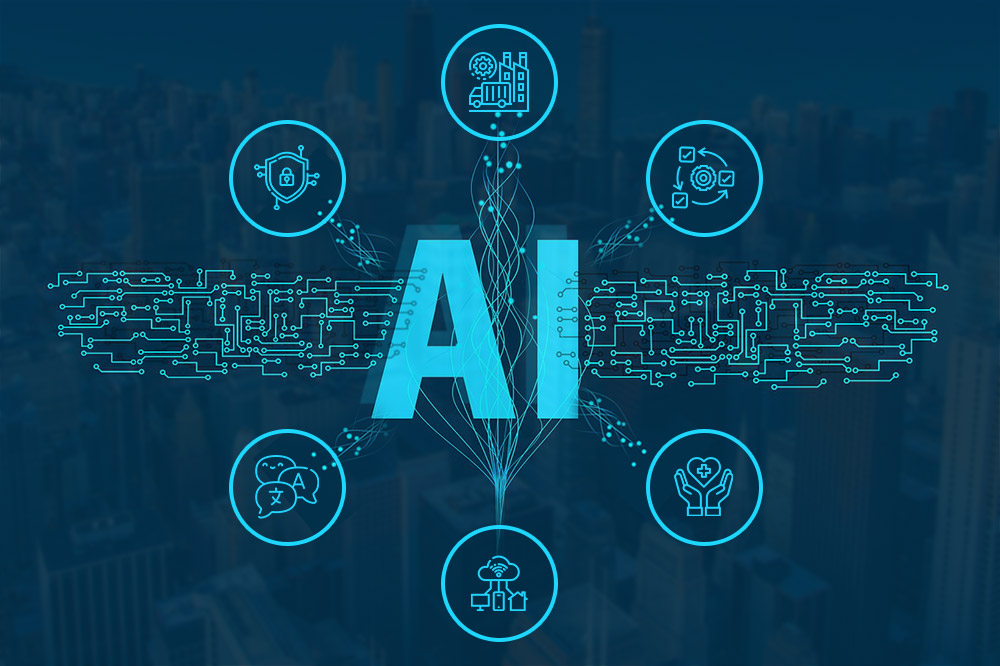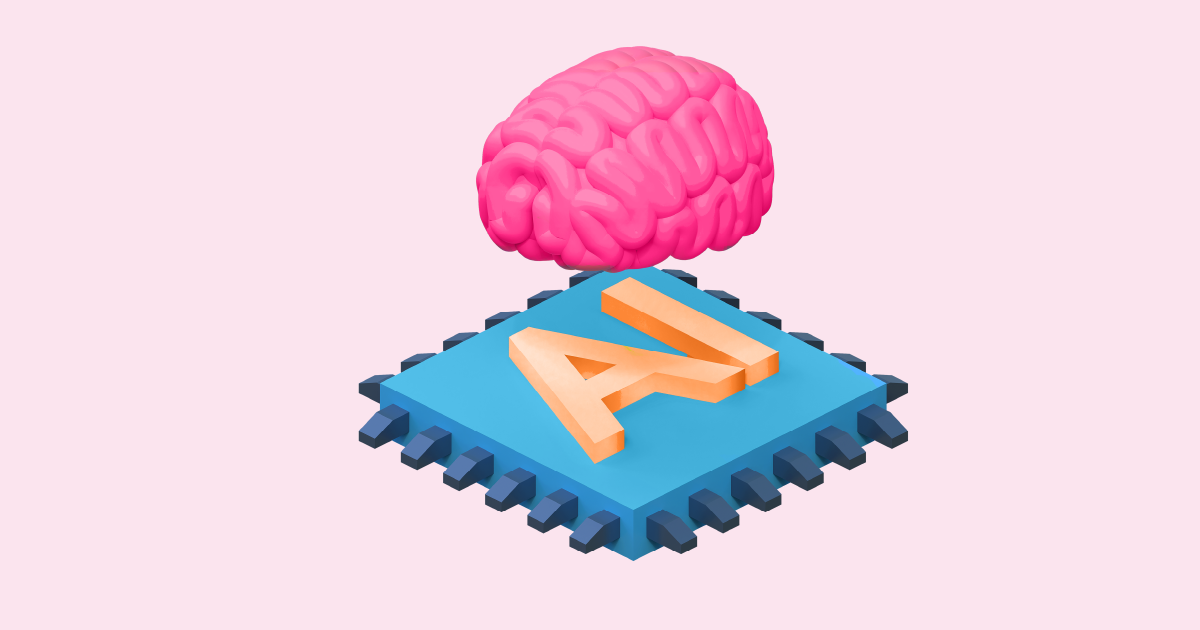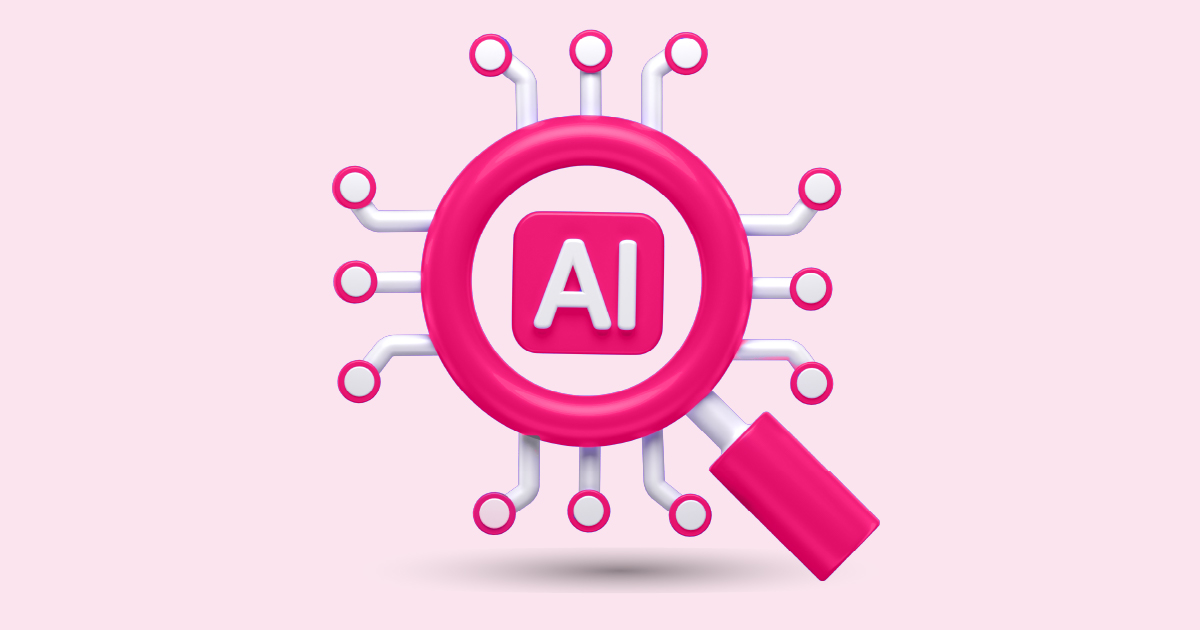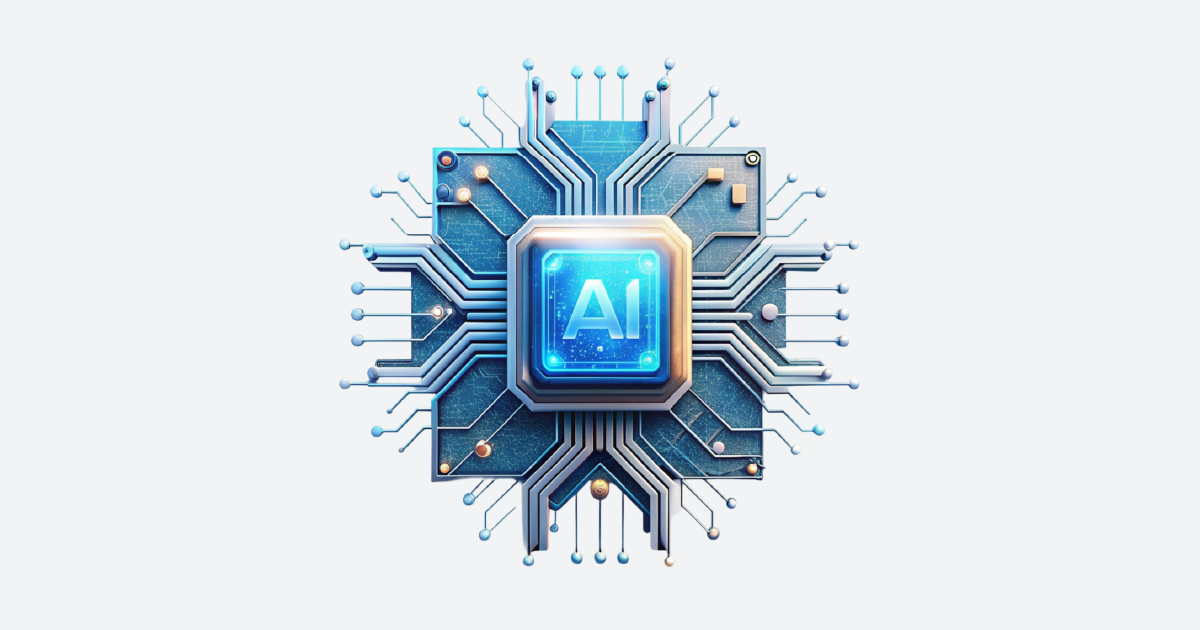In today’s rapidly evolving digital landscape, artificial intelligence (AI) is no longer a futuristic concept—it’s a present-day reality that’s reshaping businesses across the globe. From enhancing decision-making processes to automating mundane tasks, AI is playing a pivotal role in transforming the way businesses operate. But what are the current trends in AI that are driving this transformation? Let’s delve into the most significant artificial intelligence trends in business and explore how they are revolutionizing the industry.
Artificial Intelligence Trends in Business: Key Innovations Shaping the Future

The Growing Role of AI in Business
1. How AI is Transforming Industries
AI is not just a buzzword; it’s a powerful tool that’s transforming industries across the board. Whether it’s retail, healthcare, finance, or manufacturing, AI is driving innovation by optimizing operations, improving customer experiences, and creating new business models. Companies are leveraging AI to gain a competitive edge, reduce costs, and increase efficiency.
2. AI Adoption Rates Across Sectors
The adoption of AI varies across different sectors. While tech-savvy industries like finance and healthcare are leading the charge, others are gradually catching up. According to recent studies, over 60% of businesses have already implemented some form of AI, and this number is expected to grow as more companies recognize the value AI brings to their operations.
3. Key Benefits of AI Implementation
The benefits of AI implementation are vast. From automating repetitive tasks to providing actionable insights through data analysis, AI is helping businesses save time, reduce errors, and make informed decisions. Moreover, AI is enhancing customer service, enabling personalized experiences, and driving revenue growth by identifying new opportunities.
Key AI Trends Shaping Business in 2024
1. AI-Powered Automation
Automation is one of the most impactful trends in AI. Businesses are increasingly turning to AI-powered automation to streamline operations, reduce human error, and improve efficiency.
2. Automation in Supply Chain Management
In supply chain management, AI is being used to automate inventory management, demand forecasting, and logistics. By analyzing vast amounts of data, AI can predict supply chain disruptions, optimize routes, and ensure timely delivery of goods.
3. Automation in Customer Service
AI-driven chatbots and virtual assistants are revolutionizing customer service by providing instant, accurate responses to customer queries. This not only enhances the customer experience but also frees up human agents to handle more complex issues.
4. AI and Data Analytics
Data is the new oil, and AI is the tool that refines it. AI-powered data analytics is helping businesses make sense of the vast amounts of data they collect, turning it into actionable insights that drive strategy and decision-making.
5. Predictive Analytics for Business Strategy
Predictive analytics uses AI to analyze historical data and predict future trends. This allows businesses to anticipate market changes, optimize pricing strategies, and make data-driven decisions that give them a competitive edge.
6. AI-Driven Customer Insights
Understanding customer behavior is key to business success. AI-driven analytics tools can analyze customer data to uncover patterns, preferences, and trends, enabling businesses to tailor their offerings and improve customer satisfaction.
7. Natural Language Processing (NLP)
Natural Language Processing (NLP) is another AI trend that’s gaining traction. NLP enables machines to understand, interpret, and respond to human language, making it a powerful tool for businesses.
8. Enhancing Customer Experience with NLP
NLP is being used to enhance customer experiences by enabling more natural and intuitive interactions with machines. Whether it’s through voice-activated assistants or AI-powered customer service platforms, NLP is making it easier for customers to get the help they need.
9. NLP in Business Communication
NLP is also improving internal business communication. AI-powered tools can analyze and summarize large volumes of text, making it easier for employees to find the information they need and communicate more effectively.
Ethical AI and Responsible Use
1. The Importance of Ethical AI in Business
As AI becomes more integrated into business operations, the importance of ethical AI cannot be overstated. Businesses must ensure that their AI systems are fair, transparent, and free from bias.
2. Avoiding Bias in AI Systems
Bias in AI systems can lead to unfair outcomes and damage a company’s reputation. Businesses need to implement measures to detect and mitigate bias in their AI models, ensuring that their decisions are based on accurate and unbiased data.
3. Transparency and Accountability in AI
Transparency and accountability are crucial for building trust in AI systems. Businesses must be transparent about how their AI systems work and be accountable for the decisions made by these systems.
AI in Decision Making
1. AI-Driven Decision Support Systems
AI-driven decision support systems are helping businesses make more informed decisions by providing them with real-time data and insights. These systems can analyze complex datasets and present the most relevant information to decision-makers.
2. Enhancing Decision Accuracy with AI
AI is enhancing decision accuracy by reducing the risk of human error. By analyzing data more accurately and quickly than humans, AI can identify trends and patterns that might otherwise go unnoticed.
3. Reducing Human Error in Business Decisions
Human error can be costly for businesses. AI helps mitigate this risk by providing objective, data-driven recommendations that reduce the likelihood of mistakes.
Challenges of Artificial Intelligence Trends in Business
1. Technical Challenges
Implementing AI is not without its challenges. Technical issues such as integration with existing systems and data security are major concerns for businesses.
2. Integration with Existing Systems
Integrating AI with existing systems can be complex and time-consuming. Businesses need to ensure that their AI systems are compatible with their current infrastructure to avoid disruptions.
3. Data Security Concerns
Data security is a top priority for businesses implementing AI. With the increasing amount of data being processed by AI systems, businesses must ensure that their data is protected from cyber threats.
Organizational Challenges
In addition to technical challenges, businesses also face organizational challenges when implementing AI. These include resistance to change and the need for employee training.
1. Resistance to Change
Resistance to change is a common challenge when implementing new technologies. Businesses need to address this by providing clear communication about the benefits of AI and offering training to help employees adapt.
2. Skills Gap and Training
The skills gap is another major challenge. Businesses need to invest in training programs to ensure that their employees have the skills needed to work with AI technologies.
Future Trends of Artificial Intelligence Trends in Business
1. Emerging AI Technologies
The future of AI in business is bright, with new technologies emerging that will further transform the industry.
2. AI in the Metaverse
AI is expected to play a significant role in the development of the metaverse, a virtual world where people can interact within a digital environment. Businesses are already exploring the potential of the metaverse for virtual commerce, training, and customer engagement, with AI acting as a key enabler in creating realistic and interactive experiences.
3. AI and Quantum Computing
Quantum computing, though still in its infancy, promises to revolutionize AI by significantly increasing computational power. This will allow AI systems to process vast amounts of data more quickly and accurately, opening up new possibilities for AI applications in business.
4. The Long-Term Impact of AI on Business Models
AI is not just a tool—it’s reshaping entire business models. In the long term, AI will continue to drive innovation, leading to the creation of new products, services, and business strategies. Companies that embrace AI will be better positioned to adapt to market changes, meet customer demands, and stay ahead of the competition.
Conclusion
Artificial intelligence is no longer a distant future concept; it’s a powerful force that’s transforming the business world today. From automating tasks and analyzing data to enhancing customer experiences and driving innovation, AI is playing a crucial role in shaping the future of business. As AI technologies continue to evolve, businesses must stay informed about the latest trends and be prepared to adapt to the changes they bring. By doing so, they can harness the full potential of AI to drive growth, improve efficiency, and gain a competitive edge.
Ready to transform your business with AI? Request a demo from AIM Technologies today and discover how our cutting-edge AI solutions can revolutionize your operations and drive success.
FAQs
What are the key artificial intelligence trends in business for 2024?
- The key artificial intelligence trends in business for 2024 include AI-powered automation, data analytics, natural language processing (NLP), ethical AI, and the integration of AI with emerging technologies like quantum computing and the metaverse.
How is AI improving decision-making in businesses?
- AI improves decision-making by providing data-driven insights, reducing human error, and offering real-time analysis through AI-driven decision support systems, which help businesses make more accurate and informed decisions.
What are the ethical considerations for AI in business?
- Ethical considerations for AI in business include avoiding bias in AI systems, ensuring transparency and accountability, and implementing responsible AI practices that prioritize fairness and ethical use.
How can businesses overcome the challenges of AI implementation?
- Businesses can overcome AI implementation challenges by addressing technical issues like system integration and data security, managing organizational resistance to change, and investing in training to close the skills gap.
What does the future hold for AI in business?
- The future of AI in business includes the development of new technologies like AI in the metaverse and quantum computing, which will further transform business models and drive innovation across industries.




